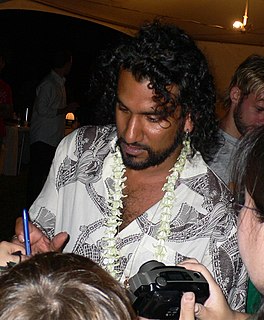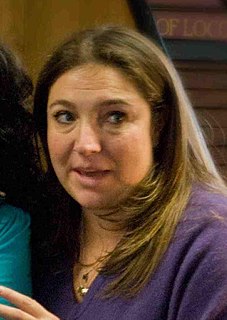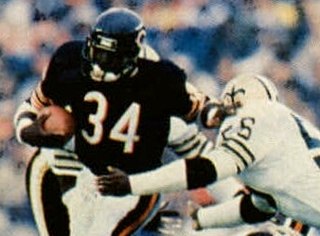A Quote by Uma Thurman
But I had a very traditional background as well. My parents are neat people.
Quote Topics
Related Quotes
Contented, unambitious people are all very well in their way. They form a neat, useful background for great portraits to be painted against, and they make a respectable, if not particularly intelligent, audience for the active spirits of the age to play before. I have not a word to say against contented people so long as they keep quiet.
Actually the royal family were very gracious and good to me. But I also found that the British establishment were never quite sure what to make of me. I was a Labour figure, but I'd come from a very middle-class background. In one sense I offended both traditional right and traditional left. But I thought that was no bad thing.
I learned a lot about my parents, who were both teachers. I had known that my parents were very strongly in favor of education. I had known that they had an impact on a lot of people, but people came out of the woodwork who have said, "You know, without your father, I would never have gone to college," very successful people. And so I learned how widespread their educational evangelism really was.




































